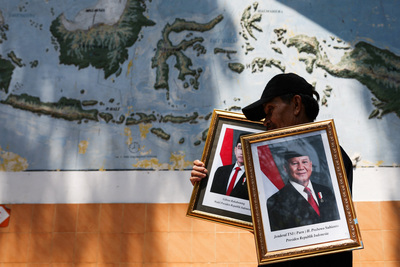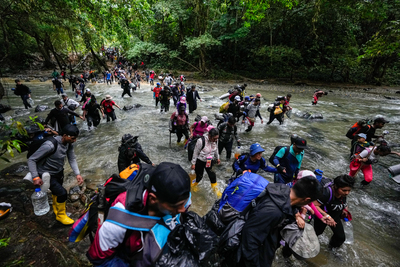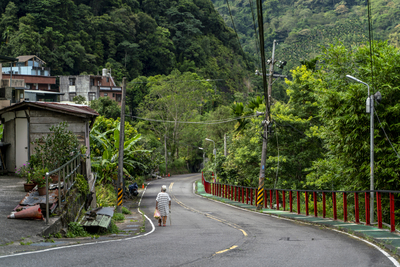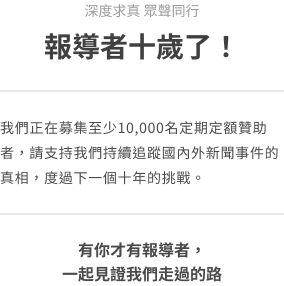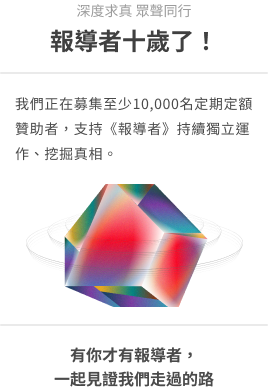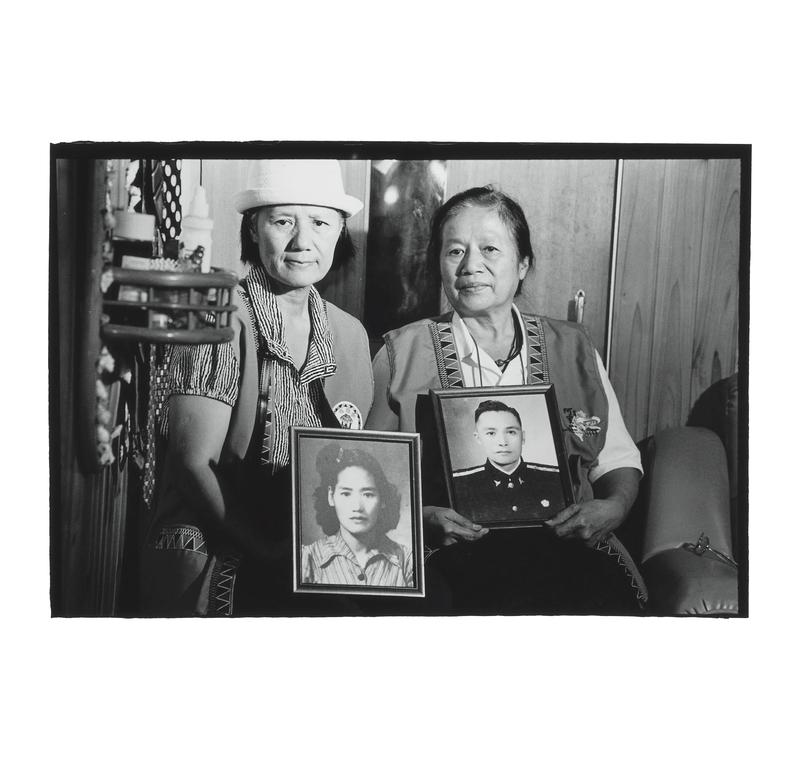
The Tsou people of Alishan talk about their families’ suffering during the 228 Massacre and White Terror period.
On February 28 1947, the clashes between soldiers and civilians in Taipei soon spread to every corner of Taiwan. In the City of Chiayi, fighting between the Chinese Nationalist (KMT) military police units and local Taiwanese militias had left the city in anarchy.
The militias tried to regain order, and sought the help of the indigenous Tsou people to patrol the streets. Lu Bin-chin (盧鈵欽), a dentist and secretary for the local chapter of the Three Principles Youth Group, called up Wufeng Township head Uyongu Yata’uyungana (高一生) to ask for assistance.
Yapasuyongʉ Yulunana (湯守仁), a teacher and former Japanese soldier, supported Lu’s idea, but Yata’uyungana was worried about getting involved with the local militias. He eventually relented, and dispatched thirty Tsou youths to cover the city's neighbourhood watch.
On March the 7th, another thirty Tsou youths joined the Chiayi Militias in their attack on the Hongmaopi armoury to plug the militias lagging ammo and arms supplies. Their subsequent campaign to capture Tsui-siong Airport (水上機場) was unsuccessful, and The Tsou returned to Alishan by dark on March 16th.
Yata’uyungana and Yulunana were arrested for their role in the campaign, but were released through the lobbying efforts of Losing Watan (樂信·瓦旦) — a prominent Atayal leader who vowed not to take part in the 228 uprisings — and Tainan County commissioner Yuen Kuo-chin (袁國欽). Yata’uyungana and Yulunana promised to "turn over a new leaf" (自新) and were released.
In 1952, Yata’uyungana, Yulunana and Losing were arrested for supporting the establishment of a "Highland Aborigines Autonomous County", and for their supposed connections to the Chinese Communist Party's Taiwan Province Working Group.
Other members of the Tsou tribe and Atayal tribe were also arrested:
- Loyeh village chief Tibusungu’ Muknana (武義德), Dabang village water and sanitation head Voyʉe Toskʉ (杜孝生), and Loyeh village school teacher Wu Yi-heng (武義享) were sentenced to prison terms of 10 years to life imprisonment.
- Dabang (達邦) village chief Fang I-chong (方義仲) was arrested alongside Yata’uyungana and Yulunana, and sentenced to death.
- Alishan police inspector Mo`e Peyongsi (汪清山), who spoke fluent Japanese and was assigned to help foreigners in trouble, was sentenced to death.
- Behui Tali (高澤照), an Atayal police inspector from Taoyuan County, Daxi Township was sentenced to death.
Uyongu Yata’uyungana, Yapasuyongʉ Yulunana, Losing Watan, Fang I-chong, Mo`e Peyongsi and Behui Tali were executed by firing squad on April 17, 1954. In one fell swoop, Taiwan lost its most talented indigenous leaders in a generation.
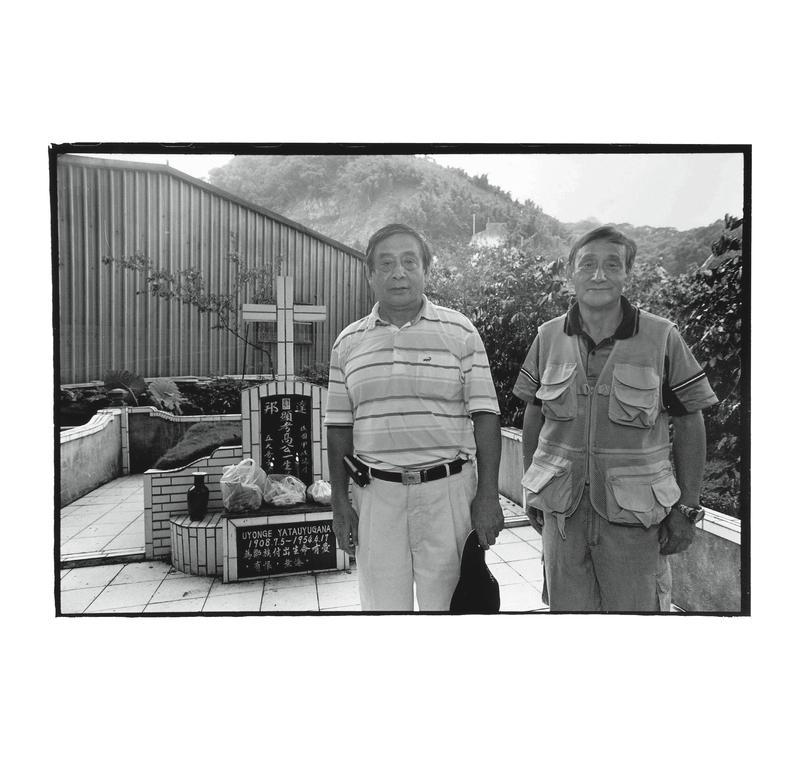
Uyongu Yata'uyungana (高一生) (1908-1954) Hometown: Chiayi County, Alishan Township Interviewee: Kao Ying-chieh (高英傑) Relationship: son
My father was born in Loyeh village, and his indigenous name is Uyongu Yata’uyungaga. He went to Tainan Normal School. He then returned to his village in 1930 to teach, and also took up a job as a junior police officer of the tribe.
In 1946, he was appointed the first head of Wufeng County. After the February 28 uprisings, he sent Yapasuyongʉ Yulunana (湯守仁) to maintain social order in Chiayi City. He also helped Tainan County commissioner Yuen Kuo-chin (袁國欽) escape to Alishan.
My father always cherished the idea of establishing a “Highland Aborigines Autonomous County”, but a letter he sent proposing the idea was discovered by the KMT’s intelligence agency, and the idea was stopped dead in its tracks.
In 1949, Chien Chi (簡吉) — a classmate of Yata’uyungaga’s at Tainan Normal School and a famous peasants’ rights movement organizer — worked with father, Yapasuyongʉ Yulunana, and Losing Watan (林瑞昌) to establish the Takasagun Autonomous Governance Council (高砂族自治會). But in 1950, Chien was arrested, and father and Yulunana were forced to admit their wrong doings to the government (自新). He was later arrested in Zhuqi Township, and executed in 1954.
Father loved the writings of German philosopher Friedrich Nietzsche. He also wrote a number of classical compositions, including the “Spring Spirit of the Tsou”, “the Migration Song”, and the “Hard-at-work Farming Song”.
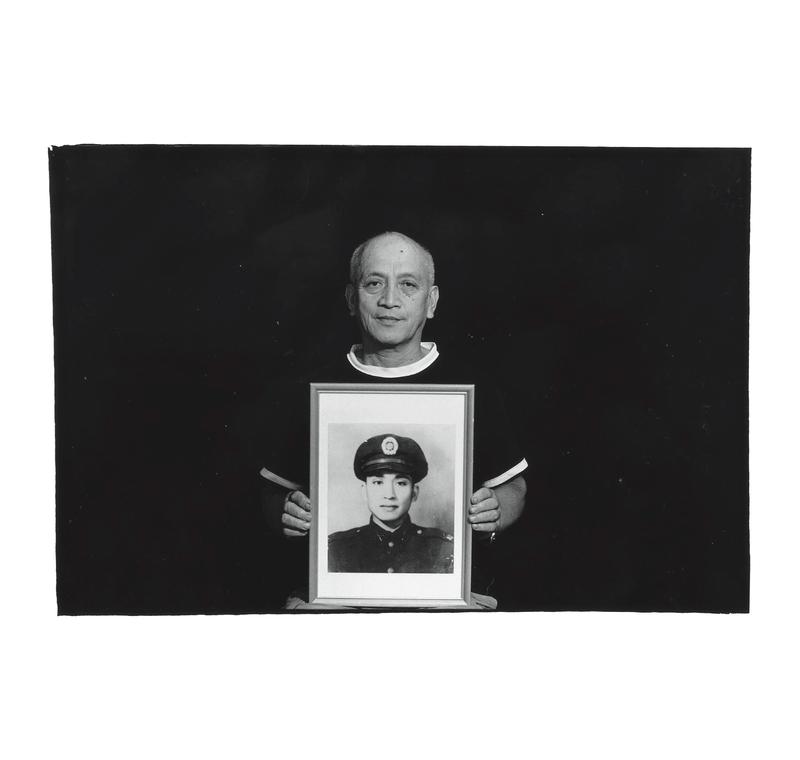
Yapasuyongʉ Yulunana (湯守仁) (1924-1954) Hometown: Chiayi County, Alishan Township Interviewee: Tang Chin-hsien (湯進賢) Relationship: son
Father graduated from Tainan Youth School, and in 1941, he became a guard at a prisoner-of-war camp in Guangdong. Because of his exceptional work, they made an exception for him to attend Atsugi Officers’ Academy, before he re-entered naval academy. He finished his studies while in service with the Imperial Japanese Army’s Kwantung Army group in former Manchukuo. At the end of the war, he was arrested by the Red Army and sent to a prisoner-of-war camp in Siberia. He returned to Taiwan in 1946, and worked as a physical education instructor at a public school.
After the 228 uprising, he led a group of young Tsou to help capture Tsui-siong Airport. Not long afterwards, he led them back to Alishan. On April 7th, Wufeng township head Uyongu Yata'uyungana acted on father’s behalf to admit wrongdoing during 228. Because father was connected to the establishment of the “Aboriginal Working Committee” by the Chinese Communist Party’s Taiwan Province Working Group, he was arrested in 1952, then sentenced to death in February 1954.
When I was little, I was called the “child of the Communist spy.” I’ve always remembered with reverence my father’s last written words: “The government can’t continue to treat us unfairly, suppress us, and control us, all because of this event.” My uncle Tibusungu’ Muknana (武義德) spent 23 years in jail because of 228.
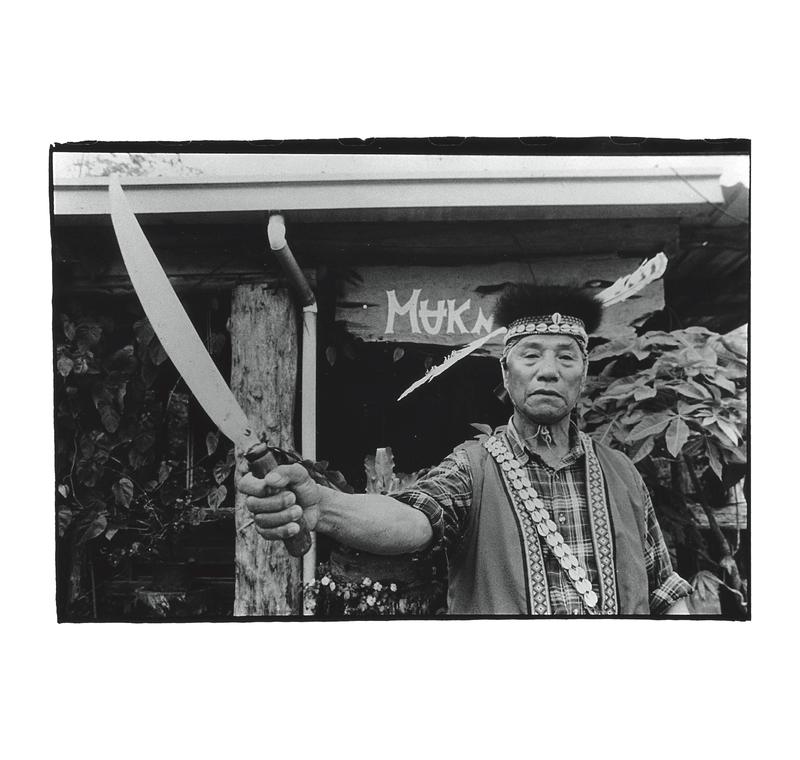
Tibusungu’ Muknana (武義德) (1923-2013) Hometown: Chiayi County, Alishan Township Interviewee: In his own words
I am of the Tsou people from Alishan, Chiayi. During the Japanese era, I was conscripted into the Takasago Volunteers unit (高砂義勇軍). I was the head of my village when the February 28 uprisings broke out. Under the leadership of Uyongu Yata'uyungana, Yapasuyongʉ Yulunana and myself, we lead a group of Tsou to capture the Tsui-siong Airport.
Out of nowhere, I was arrested by the Garrison Command, charged with “harbouring communist spies” in connection to the Aboriginal Working Committee case, and then sentenced to life in prison. After serving a 23 year sentence, I finally secured my release.

Mo’e peyongsi (汪清山) (1912-1954) Hometown: Chiayi County, Alishan Township Interviewee: Wang Chi-mei (汪枝美) Wang Hui-mei (汪惠美) Relationship: daughters
Wang Chi-mei:
My father was an inspector for the Chiayi Police Bureau’s Highland Aborigines unit. He was generally an optimistic person and happy to help others. After Uyongu Yata'uyungana admitted wrongdoing for the tribe, to our surprise, they still arrested my father. They were convicted on some trumped up charges of armed revolt, and then shot. We had seven brothers and sisters, and as we looked at our urn of ashes, everyone looked at us with pained eyes. Our mother went through untold hardships to raise us.
Wang Hui-mei:
I am the youngest in my family, and I’ve never met my father. I remember once when I was little, I found a small picture of a man who I didn’t recognize; I really liked it. My older brother told me the man in the picture was father. I then used some money that I saved from work, and reprinted the photo at 20 times the size. Everyone really liked it. My older sister once said that my father used to send us cards from prison to comfort the family. Our family often experienced hardships, but when I think of my father honest and forthright with others, what does it matter how other people see him?
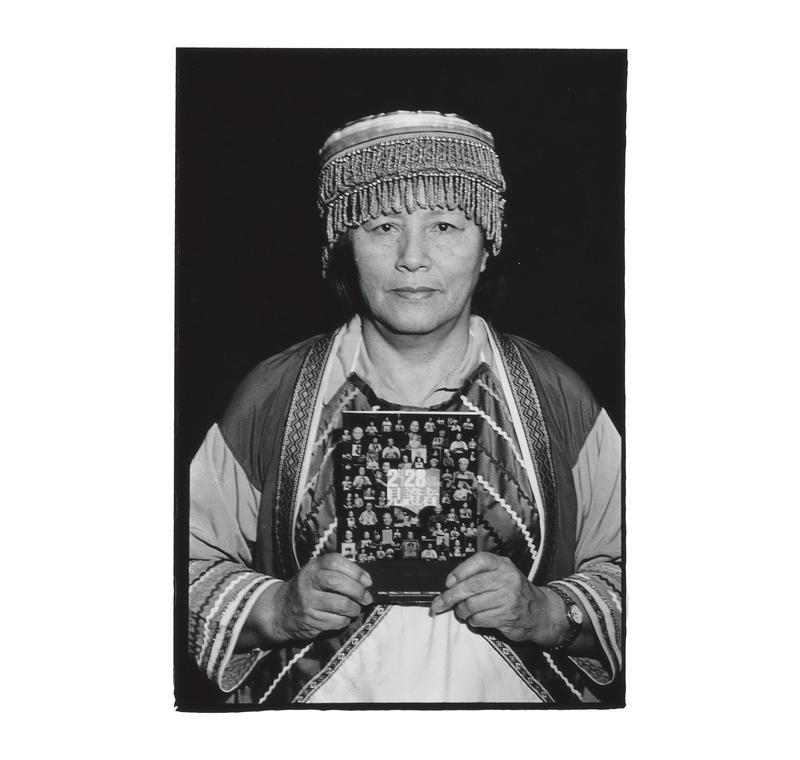
Fang Yi-chung (方義仲) (1924-1954) Hometown: Chiayi County, Alishan Township Interviewee: Fang Ling-mei (方鈴美) Relationship: daughter
My father was the head of Dabang village, and assisted the Chiayi militias in capturing the Hongmaopi ammunition depot. He heard about the peace talks between the Chiayi Settlement Committee and the KMT on the evening of the 10th, and returned to the mountains later the next day. After Yata'uyungana admitted collective wrongdoing, the government said they would no longer pursue the matter.
But in 1950, the work committee head of the Taiwan Communist Party, Hsiao-chien (蔡孝乾), was arrested, and in order to secure his release, he provided the names of members of the Taiwan Communist Party. The KMT looked to settle accounts, and they arrested my father. I was quite young when he was sentenced to death, and I’ve only known an urn of ashes. My mother always holds the urn and cries. After father died, we lived in a small shed along with my grandfather and older brother, where we eked out a wretched existence. That’s the impression I have of my father.
(To read the Chinese version of this article, please click: 阿里山原住民的228故事:被羅織罪名,家人再見只剩骨灰罈)
深度求真 眾聲同行
獨立的精神,是自由思想的條件。獨立的媒體,才能守護公共領域,讓自由的討論和真相浮現。
在艱困的媒體環境,《報導者》堅持以非營利組織的模式投入公共領域的調查與深度報導。我們透過讀者的贊助支持來營運,不仰賴商業廣告置入,在獨立自主的前提下,穿梭在各項重要公共議題中。
今年是《報導者》成立十週年,請支持我們持續追蹤國內外新聞事件的真相,度過下一個十年的挑戰。


